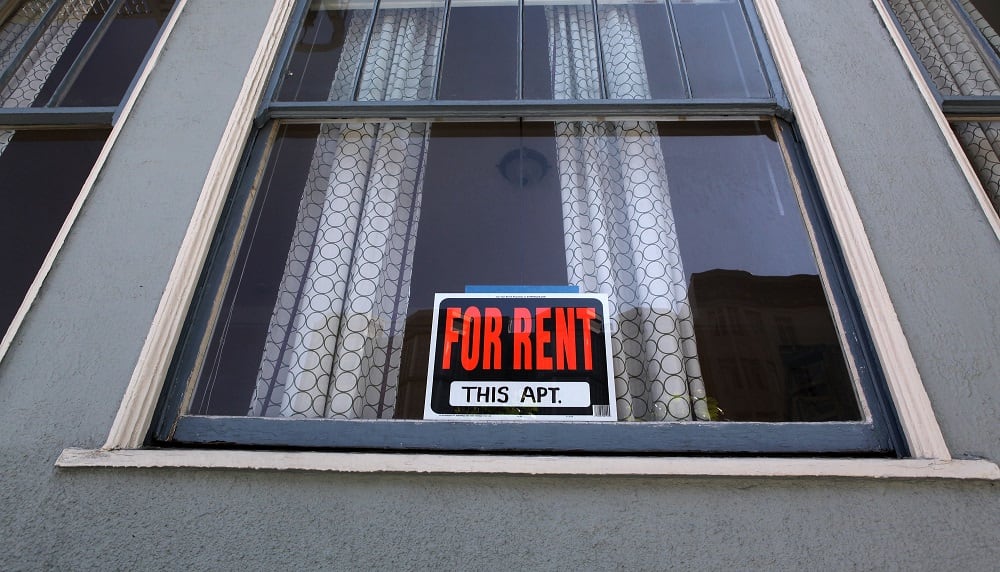When orders and housing markets don’t mix, service members can find themselves in an unwelcome financial position: Sell their house at less than what they think it’s worth, or keep it and take on a second job ― landlord.
Some troops have created second income streams (or even post-service career paths in real estate) by renting out such properties, but other military landlords take on that new role under duress. While tasks such as setting rental costs, screening tenants and finding property managers loom on the horizon, one purchase may help settle at least a few nerves in the short term: A home warranty.
RELATED

“The small fee you pay for a home warranty will pay for itself the first time you have to use it,” said Cassandra Rowley, a Navy veteran and Realtor in the Seattle metropolitan area who specializes in first-time home buyers, many of whom are military members. “There are some good companies like American Home Shield and Old Republic that offer good products. I would research that thoroughly before renting out.”
Some tips for those in the market for a warranty, via Realtor.com and other resources.
1. Ensure insurance. A home warranty protects certain appliances, some plumbing and electrical systems and other items depending on the policy. It won’t help with the types of structural damages covered by homeowners insurance, and it’s not a substitute for a full-on review of insurance (yours and your tenant’s, ideally) that’s part of becoming a landlord. Get some basics on insuring rental properties here.
2. A deal up front. It may be too late for some, but if you’re in the market for a home and considering becoming a landlord later, think about adding a home warranty when you sign the mortgage. Many providers offer deals for first-time homeowners, and even if you plan to stay in the home for the length of the warranty, a warranty renewal in time for any rental plans still could save you some cash.
3. (Very) fine print. Debate over a typical home warranty claim involves the owner and the provider, with the repair company sometimes added to the mix. As a landlord, you’ll also need to deal with tenants and property managers when it comes to the repair, possibly from a long distance away. Be sure you know exactly what you’re getting, and what each party will be responsible for, so that you can be well-prepped for the claims process.

4. Tax benefit. Because the warranty is an operating cost of your landlord business, it may be a tax-deductible expense. Talk to your tax professional to find out whether you would qualify.
5. Do I need one? As with any insurance program, weigh the risks and rewards. Newer homes, or those with newer appliances, may not need an expensive policy, and some appliances already may be under their own warranties, or they may be under a service contract. What happens if repairs are needed and your warranty company doesn’t do business with the service contract agent? It’s best to find out before you sign on.
Kevin Lilley is the features editor of Military Times.




